For lunch SayPro had a nice meal from a select of local sweet Juice and Tilapia Fish paired with Jolof Rice.
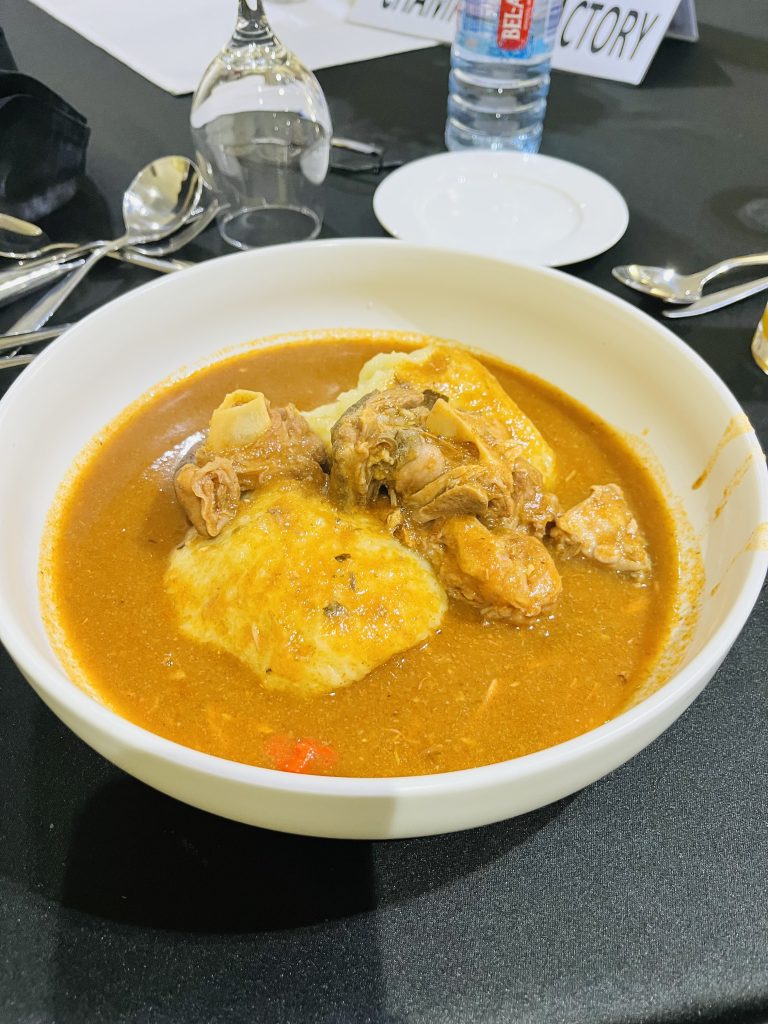
Pounded Yam with Cow intestines “Mala Mogodiu”.We ended lunch with an ice cream.
SayPro is a Global Solutions Provider working with Individuals, Governments, Corporate Businesses, Municipalities, International Institutions. SayPro works across various Industries, Sectors providing wide range of solutions.
Email: info@saypro.online Call/WhatsApp: Use Chat Button 👇

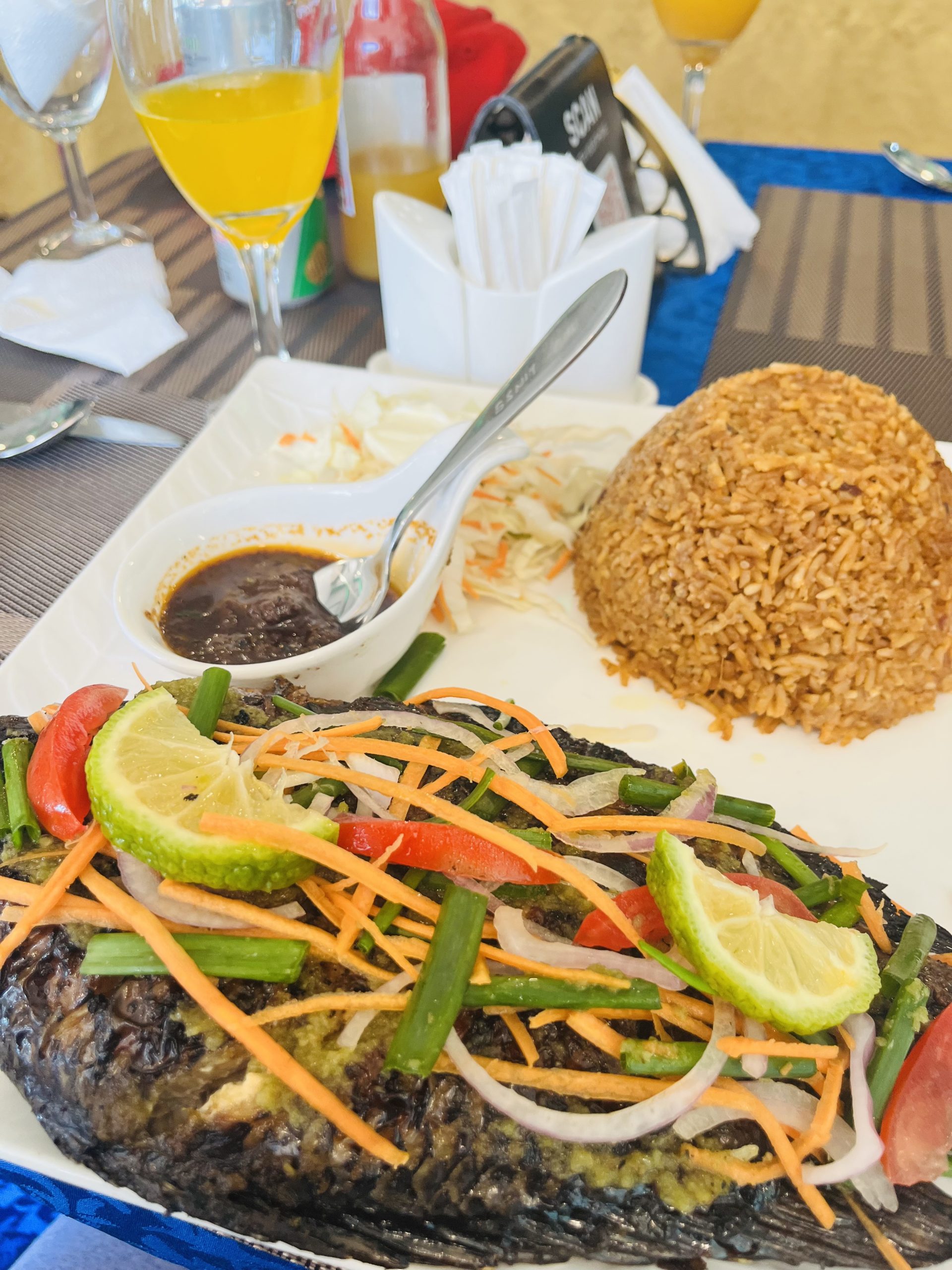
For lunch SayPro had a nice meal from a select of local sweet Juice and Tilapia Fish paired with Jolof Rice.

Pounded Yam with Cow intestines “Mala Mogodiu”.We ended lunch with an ice cream.

In the morning of our arrival to Ghana, we checked into a specious guesthouse, a room with fitted furniture, a shower and connection to WiFi.This was followed by a nice lunch with Ghanaian food at the guesthouse.
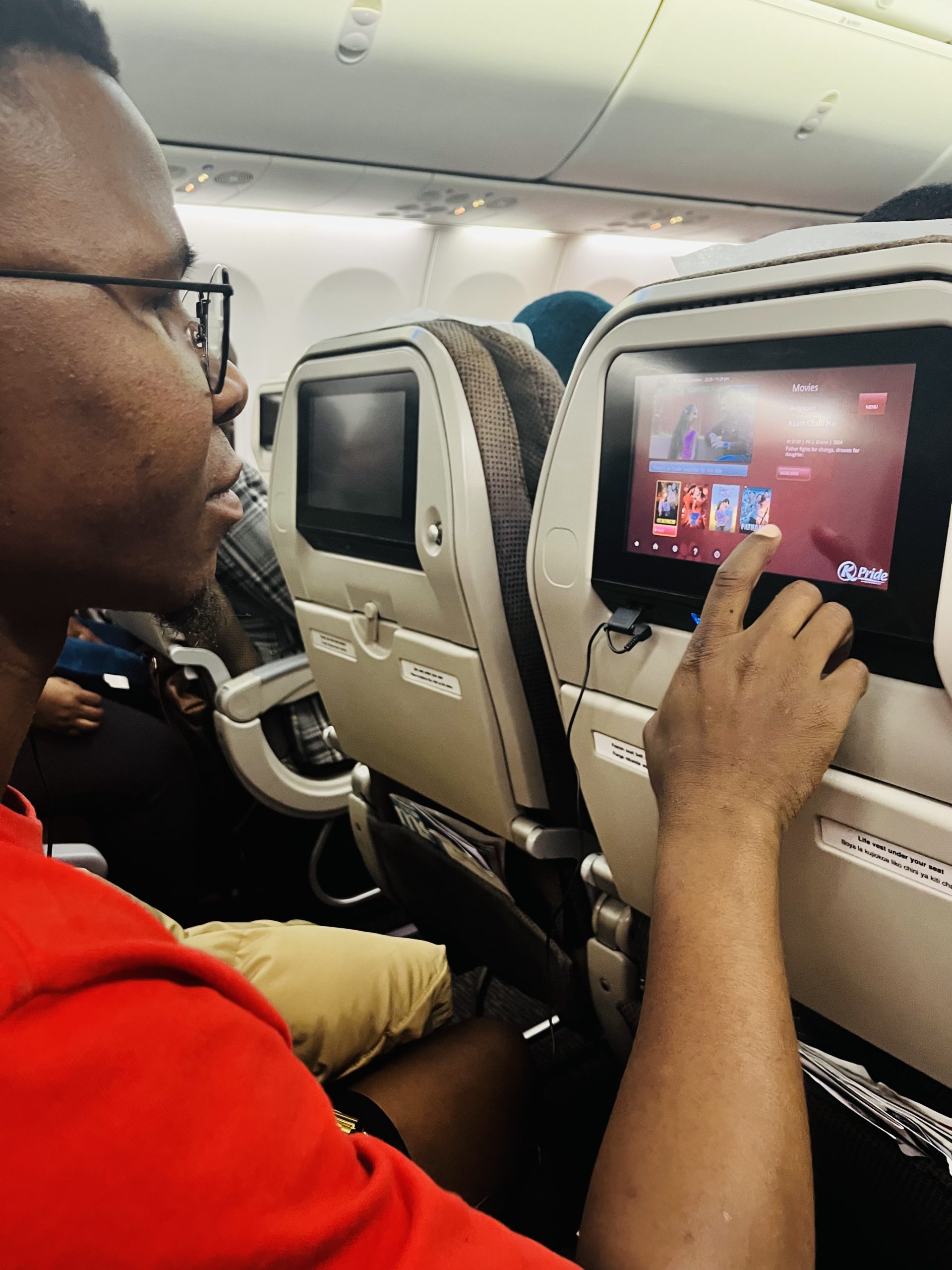
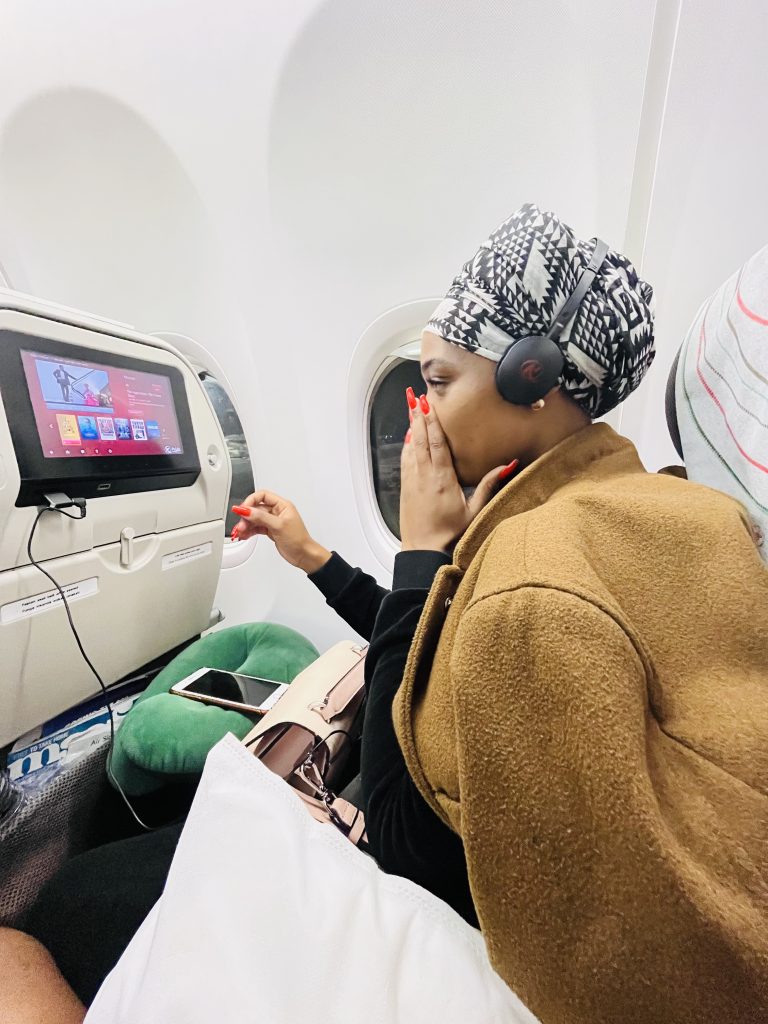
SayPro boarded the plain at 02:00am to Accra Ghana, we had a special meat of Rice and Beef with a nice beverage, from a selection of coffee, tea, sodas and wine.We were set to arrive at 06:00am on the morning, Ghanaian time.
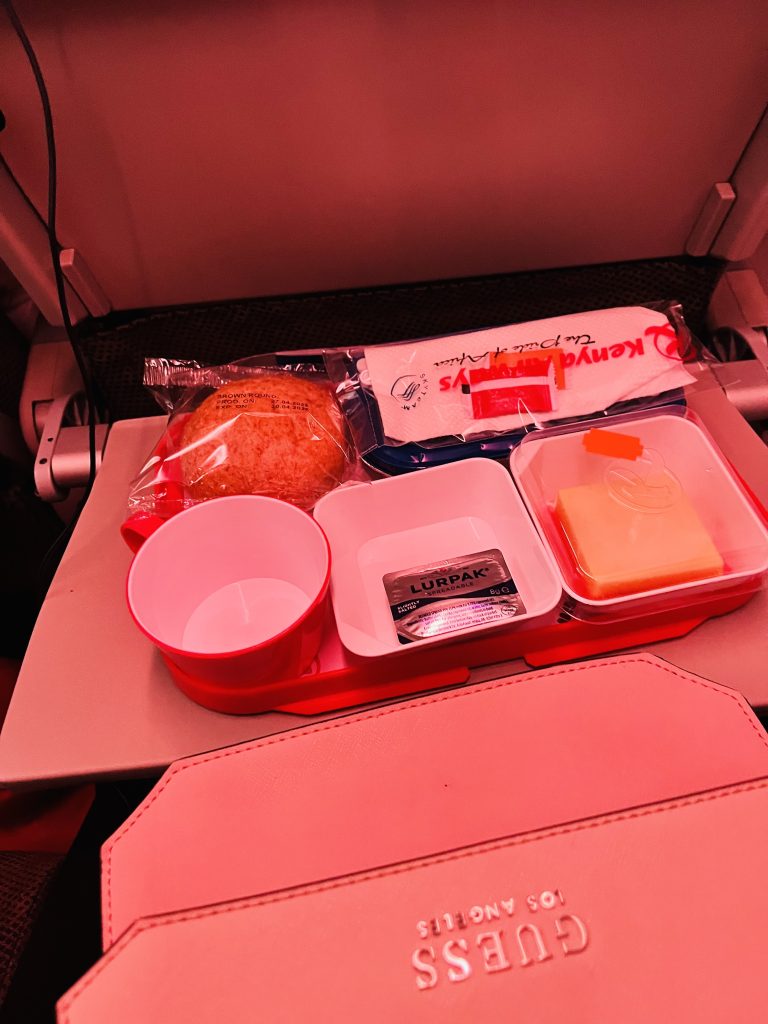

Ghana offers a wide range of accommodation options, from budget hostels to luxury hotels, making it easy to find a place that suits your preferences and finances. Your choice of accommodation may depend on your destination, length of stay, and level of comfort needed.
Hotels
Available in all major cities. Options range from international chains (e.g., Kempinski, Marriott) to mid-range and local hotels. Many include air-conditioning, Wi-Fi, restaurants, and security.
Guesthouses & Lodges
Affordable and popular for long stays. Often family-run and more personal. Amenities vary—some may have private bathrooms and simple meals included.
Hostels & Backpacker Lodges
Great for students and volunteers. Dormitory-style or private rooms at low cost, often with communal kitchens and social spaces. Found in cities like Accra, Cape Coast, and Kumasi.
Apartments & Short-Term Rentals
Ideal for longer stays. Available through platforms like Airbnb, or by local arrangement. Provides privacy, space, and often kitchen facilities.
University Dormitories & NGO Housing
Some programs (like SayPro Erasmus+) may arrange accommodation in campus housing or NGO-hosted guesthouses, particularly for short-term placements.
Budget: GHS 100–300/night ($7–20 USD)
Mid-range: GHS 300–800/night ($20–55 USD)
Luxury: GHS 1000+/night ($70+ USD)
Book in advance during festivals or holidays.
Check for included amenities: Wi-Fi, hot water, breakfast.
Read reviews on booking platforms (like Booking.com or Airbnb).
If staying long-term, negotiate monthly rates.

Ghana’s official currency is the Ghanaian Cedi, symbolized as GHS or sometimes simply ₵. It’s the legal tender used for all transactions in the country.
1 Ghana Cedi (GHS) = 100 Pesewas
Common coins: 10p, 20p, 50p, GHS1, GHS2
Common banknotes: GHS1, GHS2, GHS5, GHS10, GHS20, GHS50, and GHS100
The exchange rate can fluctuate, so it’s best to check the daily rate before exchanging currency.
As of early 2025, USD, EUR, and GBP are commonly accepted for exchange in Ghana.
Foreign currency can be exchanged at:
Banks
Licensed Forex Bureaus (safer than street vendors)
Hotels (less favorable rates)
Avoid changing money on the street to prevent scams or counterfeit bills.
Cash is king, especially in markets, rural areas, and informal settings.
Mobile Money (MoMo) is widely used, even more than credit/debit cards in many areas. Services like MTN Mobile Money allow users to pay, receive, and store funds via mobile phones.
Credit/Debit Cards are accepted in hotels, supermarkets, and some urban businesses—but not everywhere. Visa is more commonly accepted than Mastercard
Tips for Visitors
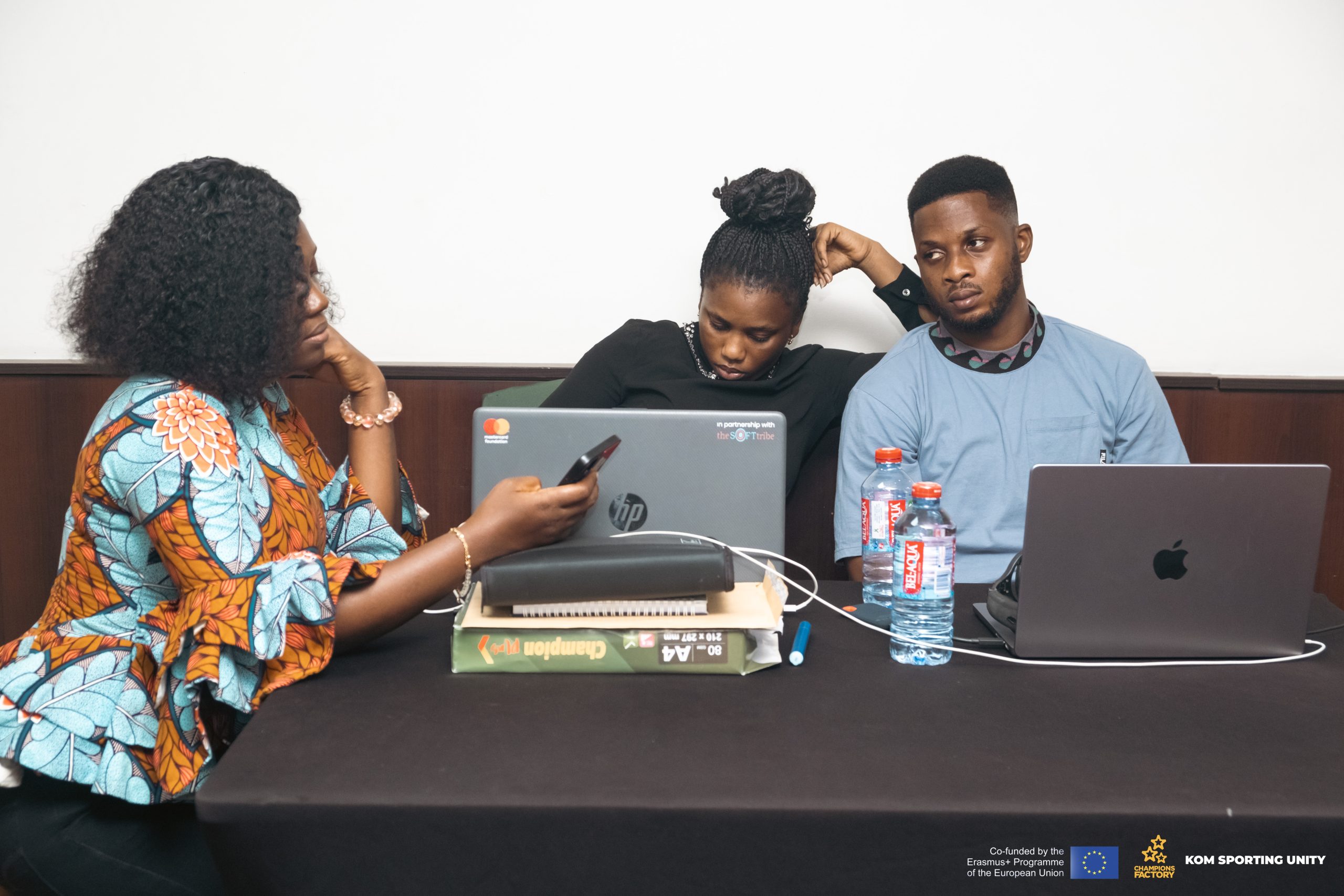
Maintaining good health while in Ghana is important for a safe and enjoyable stay. The country offers a mix of public and private healthcare services, with better facilities in urban areas. With basic precautions and preparation, most visitors stay healthy during their time in Ghana.
Required Vaccinations
Yellow Fever vaccination is mandatory for all travelers and must be taken at least 10 days before arrival. Proof of vaccination is required at the port of entry.
Other recommended vaccinations include:
Hepatitis A and B
Typhoid
Tetanus
Meningitis (especially during the dry season)
Rabies (if you’ll be in contact with animals or traveling to rural areas)
Malaria is present throughout Ghana, especially in coastal and rural areas.
To protect yourself:
Take antimalarial medication as prescribed by your doctor
Use insect repellent with DEET.
Sleep under mosquito nets if available.
Wear long sleeves and pants in the evening.
Drink only bottled or purified water.
Avoid ice in drinks unless you’re sure it’s from clean water.
Be cautious with street food—choose vendors with high turnover and visible hygiene.
Healthcare Facilities
Private hospitals in Accra, Kumasi, and other major cities offer better care and faster service than public hospitals.
Carry travel insurance that includes medical coverage and evacuation if needed.
Pharmacies are widely available and often stock common medicines.
Pack a basic first aid kit and any personal medications.
Practice good hand hygiene—carry hand sanitizer.
Adjust slowly to the climate to avoid dehydration or heat exhaustion.

Staying connected in Ghana is relatively easy and affordable, with widespread mobile coverage and growing internet infrastructure across the country. Whether you’re in a major city or a rural town, mobile networks offer reliable options for calls, texting, and internet access.
Affordable and widely available at airports, mobile shops, and street vendors
You’ll need to register with a valid passport or national ID to activate a SIM card.
SIM cards typically cost less than GHS10 (under $1 USD).
MTN Ghana – Largest provider with the broadest nationwide coverage, including rural areas.
Vodafone Ghana – Offers strong service in urban centers and affordable data plans.
AirtelTigo – Popular for competitive pricing and combo data/voice packages.
3G and 4G LTE services are available in most towns and cities.
Data bundles are affordable; e.g., GHS10–20 ($1–2 USD) can get several GBs of data.
Free or low-cost Wi-Fi is available in hotels, cafés, malls, and some public spaces, though speed and reliability vary.
All major networks support mobile money (MoMo) services, allowing users to send/receive money, pay bills, and make purchases without a bank account.
Widely accepted in shops, markets, taxis, and even by street vendors.
Useful Tips
Unlock your phone before arriving to use local SIMs.
Buy data in bundles to avoid high pay-as-you-go rates.
Use apps like WhatsApp, which are widely used in Ghana for communication.
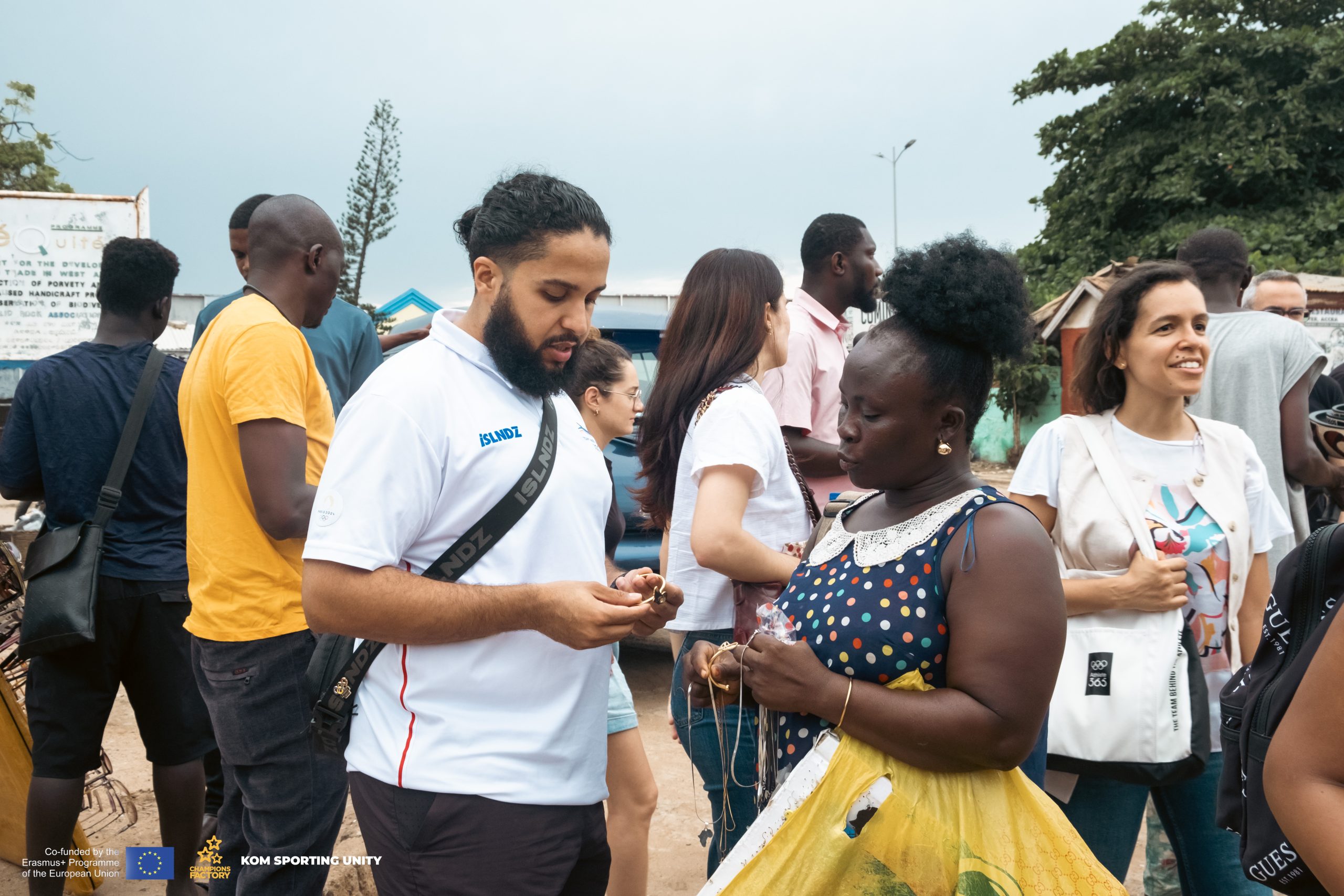
The lifestyle in Ghana is characterized by a strong sense of community, respect for tradition, and a laid-back approach to life.
Ghana offers a vibrant and diverse lifestyle shaped by a rich cultural heritage, welcoming communities, and a growing modern economy. Visitors often find the balance between traditional customs and contemporary living both fascinating and enriching.
In cities like Accra and Kumasi, you’ll find a mix of modern infrastructure, shopping malls, restaurants, and nightlife. Rural areas, by contrast, maintain a slower pace of life with strong traditional values and communal living.
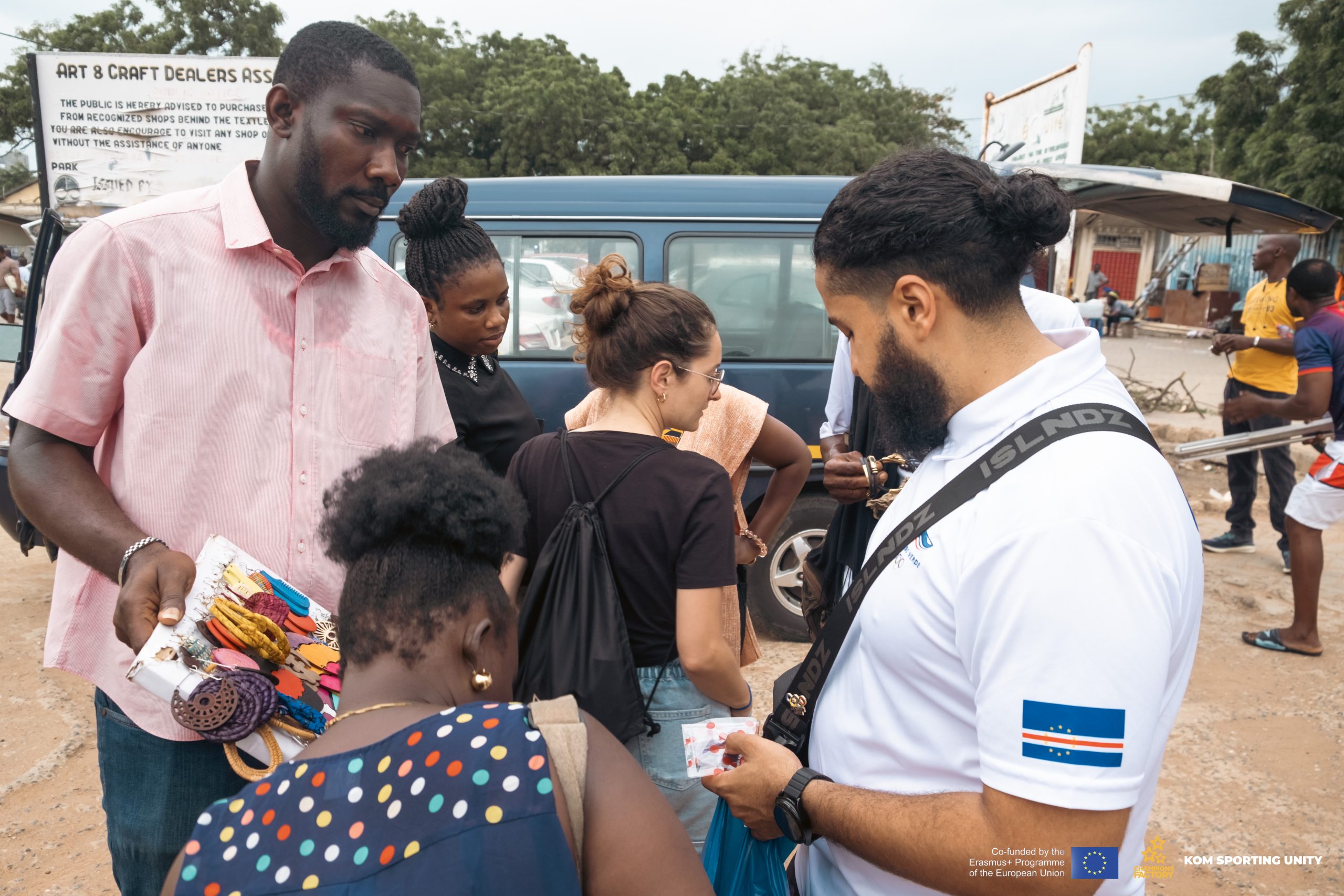
Getting around in Ghana can be an adventure in itself, offering a mix of traditional and modern transportation methods. Whether you’re navigating the bustling streets of Accra or exploring rural areas, it’s important to understand the options and plan accordingly.
Most common and affordable mode of public transport.
These privately owned minibuses follow set routes and are widely used by locals.
Fares are cheap, but comfort levels vary (can be crowded and hot).
No fixed schedules—vehicles leave when full.
Available in most towns and cities; can be flagged down or found at taxi ranks.
Negotiate the fare before starting your trip unless it’s a metered taxi (mostly in Accra).
Shared taxis (with multiple passengers) are also common on specific routes.
Uber, Bolt, and Yango operate in major cities like Accra and Kumasi.
Convenient, safer, and typically air-conditioned
Payment is made via app (cash or mobile money options available).
Intercity STC (State Transport Company) and private lines like VIP or VVIP provide comfortable long-distance travel.
Ideal for travel between major cities (e.g., Accra to Kumasi, Tamale, or Cape Coast).
Air-conditioned, scheduled services with reserved seating.
Known locally as “Okada” (motorbikes) and “Pragya” (tricycles), these are common in rural areas and smaller towns.
Fast but less safe—helmets are rarely provided, and accidents are frequent.
In urban areas, walking is common for short distances.
Infrastructure for cyclists is limited, so caution is needed.
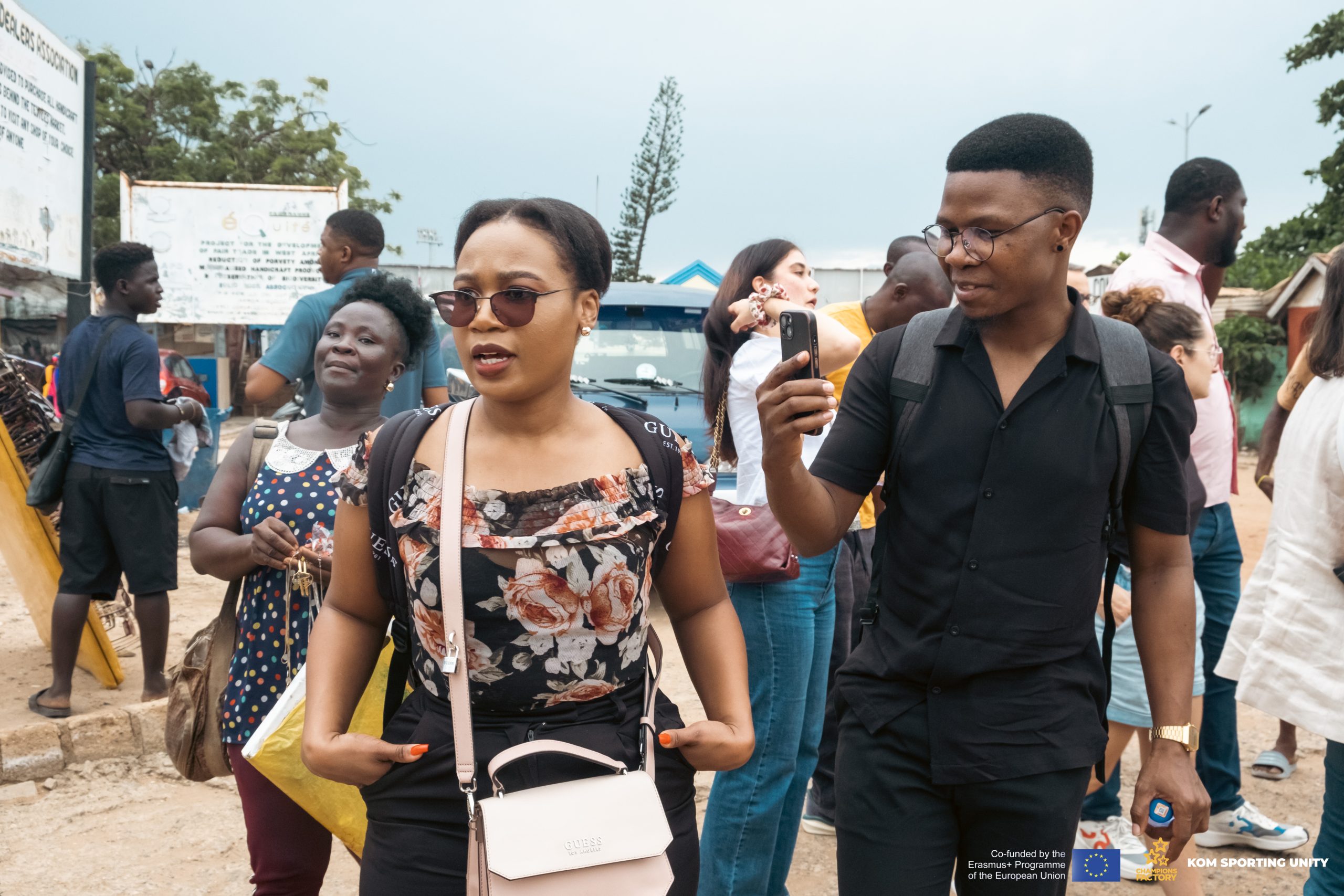
Informal markets are open-air or semi-structured spaces where traders, often without formal business registration or permits, sell a wide range of goods. These markets operate outside the formal regulatory framework but are central to the economy, providing jobs and affordable goods for millions.
You will find:
Fresh produce: fruits, vegetables, grains, fish, and meats
Clothing and textiles: including second-hand items, African prints, and traditional wear.
Household items: cookware, electronics, tools, and more.
Street food: quick, flavorful, and very affordable (e.g., waakye, fried yam, grilled meats).
Handicrafts: locally made beads, baskets, carvings, and fabrics—great for souvenirs.
Bargaining is expected—don’t be shy to negotiate prices.
Pickpocketing can occur in crowded areas—keep your belongings secure.
Cash only—mobile money is growing, but cash is still king in most stalls.